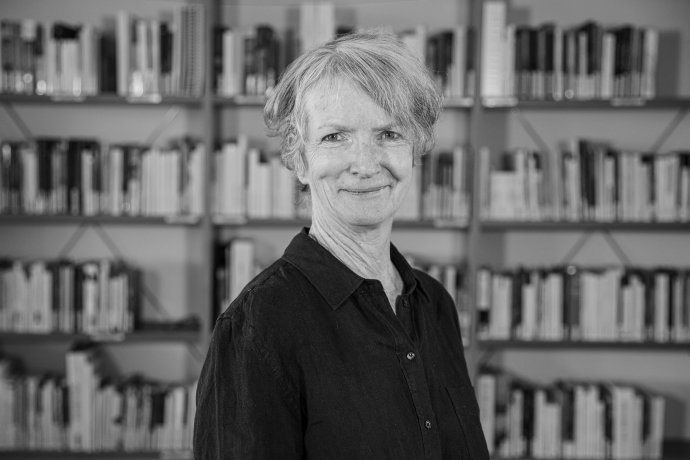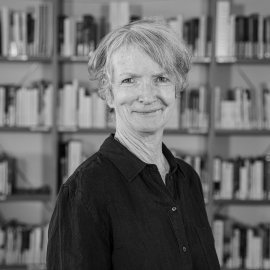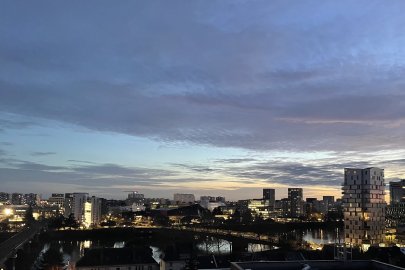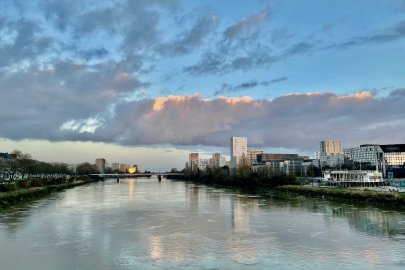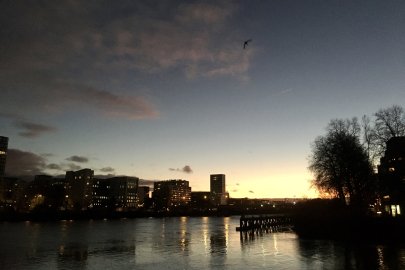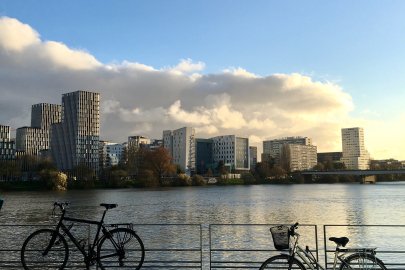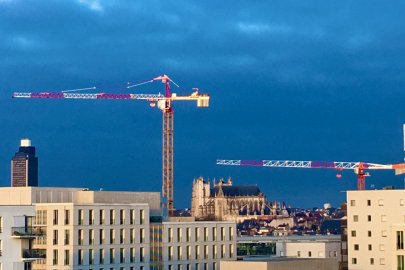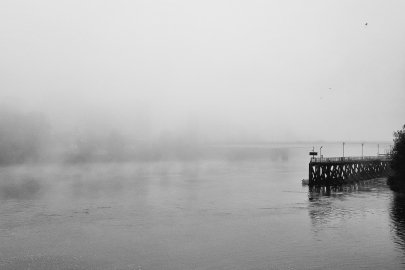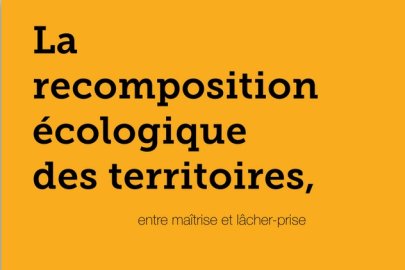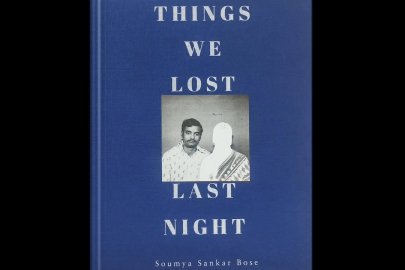Habiter le monde autrement…
Patricia Hayes
If we were to inhabit the world differently, autrement, we might draw on understandings from elsewhere, ailleurs. To reflect on them, to critique, sift, and imagine, differently.
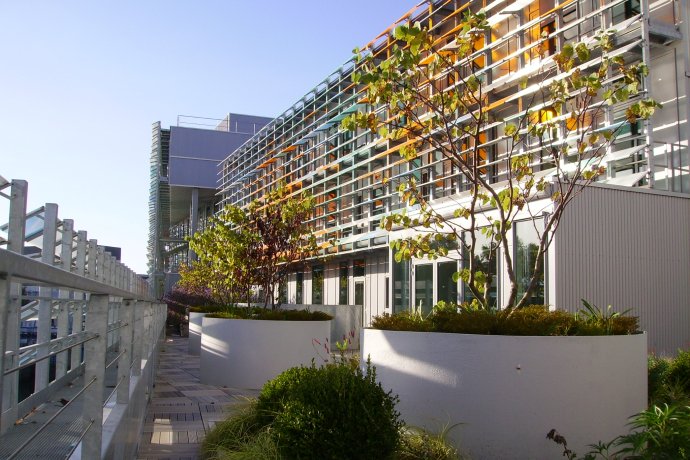
With regard to the central African Great Lakes in centuries past, David Schoenbrun (1998) writes that the ‘history of power is more than a history of domination and resistance …. It is also a history of creativity and of dispersed and contradictory notions of the texture of power.’ Thus creativity is given conceptual parity with dominance.
Souleymane Bachir Diagne (2021) writes of the emphasis on life, fullness, fecundity and responsibility that permeates African thought, and which surfaces in Négritude: ‘What increases the life force is good; what diminishes it, what deforces it, as Senghor says, …. is bad.’ There is Césaire also, who ‘cast the opposition between the mechanical and the living as one between scientific knowledge and that leaves us “poor” and “hungry” and poetic knowledge which comes with “plenitude”.’
Felwine Sarr in Afrotopia (2016) writes of the écomythe of the model of western development that was imposed and largely internalised in Africa as a result of colonialism, an ‘envelopment.’ The madness of the modern West, he says, consists of posing its reason as sovereign. ‘Master and possessor of nature, this model is the inverse of humanity, … consecrating the primacy of having over being.’ There is a need to build new scales of values, and in the African case it would be founded on its cultures and fertile onto-mythologies. These might go towards a common dream of life, equilibrium harmony, and meaning.
